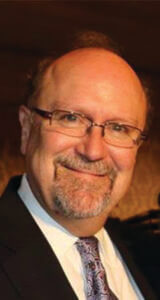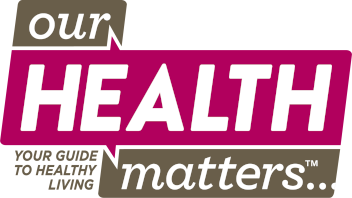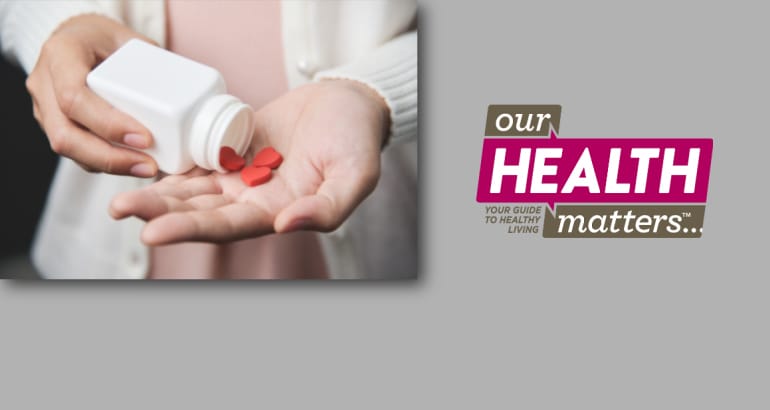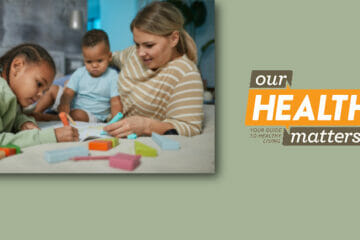
By Dr. Robert Lee Hill
Community Consultant
Whenever I go to a pharmacy or visit a medical office, I think of my grandmother, Addie Burke Smith. Not because she was a medical professional, but because of the healing capacity of her love.
My grandmother taught me and her seven other grandchildren that her love was a wonderful , generative gift and that our lives could be enhanced by proximity to and enjoyment of that gift.
In short, my grandmother—along with my mother and a lot of other family members and friends—taught me that love is medicine.
This is not to say that anyone should forgo a prescription or refuse the option of surgery or neglect regular checkups with our primary care physicians. By no means! But attending to the dynamic of love should be part of everyone’s healthcare regimen.
However you characterize love —unconditional positive regard, sympathetic support, bonding companionship, sacrificial service, unfettered trust, willing the good for another—love’s beneficial effects are patently obvious and universally observable.
The warmth, affection, and physical affirmations that love provides are essential for any community to call itself healthy—morally, socially, and spiritually. Studies have shown that love increases oxytocin (the “feel good” hormone) and lessens cortisol (a stress hormone) in our bodies . I’m convinced that love enhances hopefulness, maximizes joy, strengthens community cohesiveness and enhances doing daily tasks.
Love makes possible the redemption of forgiveness and reconciliation, which are essential for family health as well as in our broader social connections. Love humbles the haughty and ennobles the lowly. Love empowers us to enact three key human capacities: (1) the recognition of human limitations (saying “I don’t know”); (2) the admission of wrong-doing (saying “I was wrong”); and (3) the expression of regret (saying “I’m sorry”). Imagine what a restorative elixir it would be to increase those three capacities in society.
When we survey the alarming array of social maladies of our times—divisiveness, bigotry, food insecurity, polarization, hatefulness toward “the other,” willful ignorance, insufficient housing, poverty, discrimination, educational inequities, apathy—we could make the diagnosis that we are exhibiting symptoms of “failure to thrive.” How to remedy such maladies? Why don’t we try love.
It’s good to remember that at the heart of the world’s great monotheistic religions (Judaism, Christianity and Islam) there is a prescription: Love God and love your neighbor. By the way, such a prescription has been proven to have no harmful side effects.
Dr. Robert Lee Hill is Minister Emeritus of Community Christian Church, where he served for more than 30 years. He is the author of eleven books, most recently, Life is to be Celebrated!
Sources:





